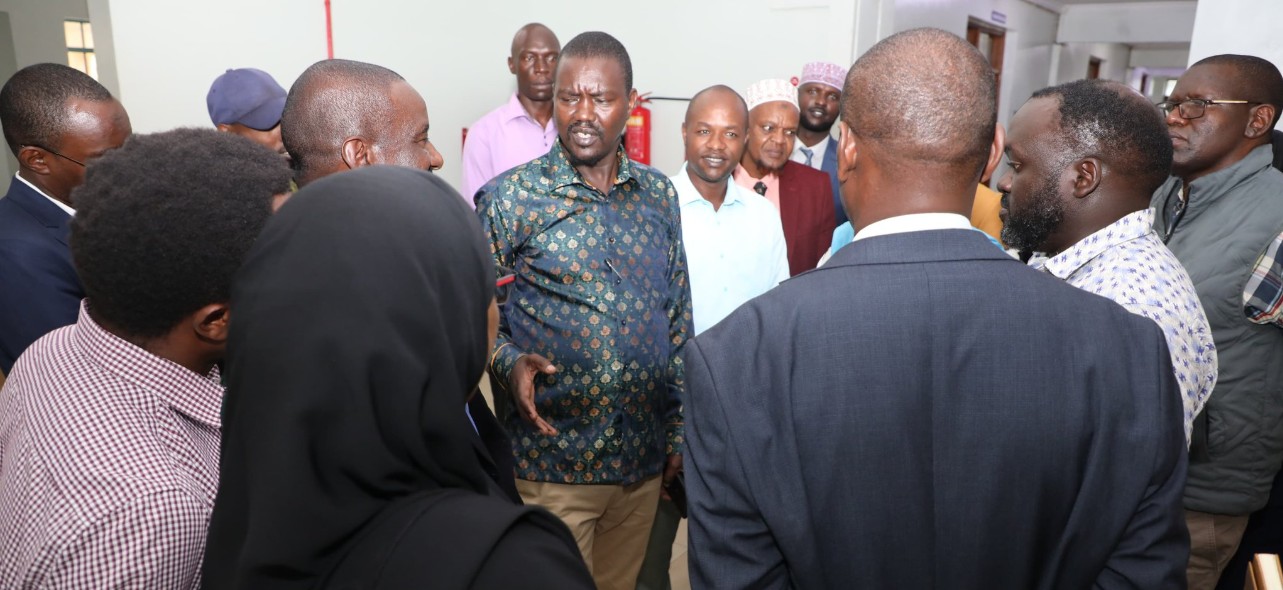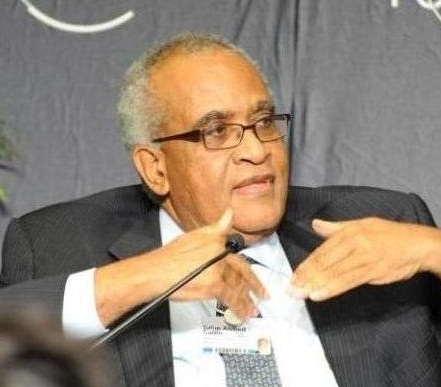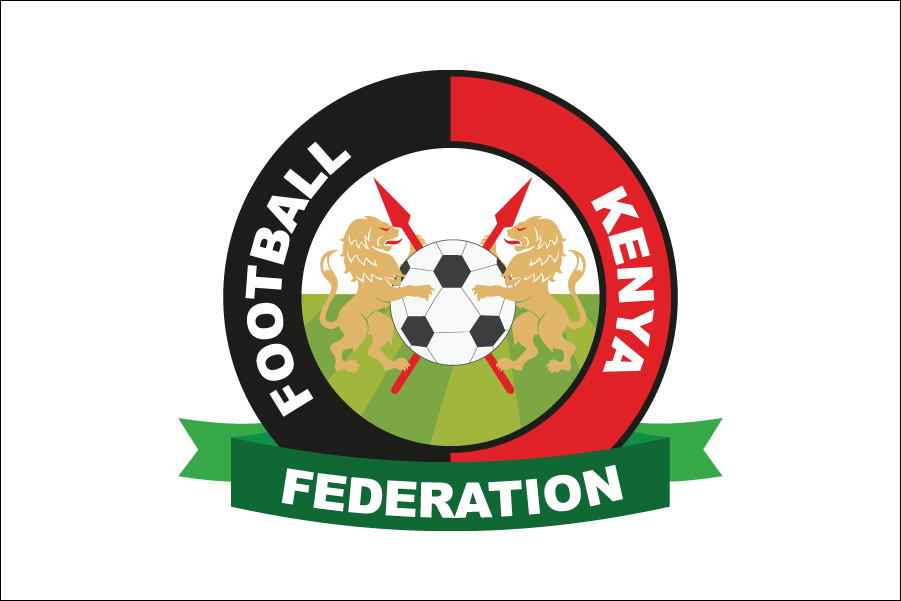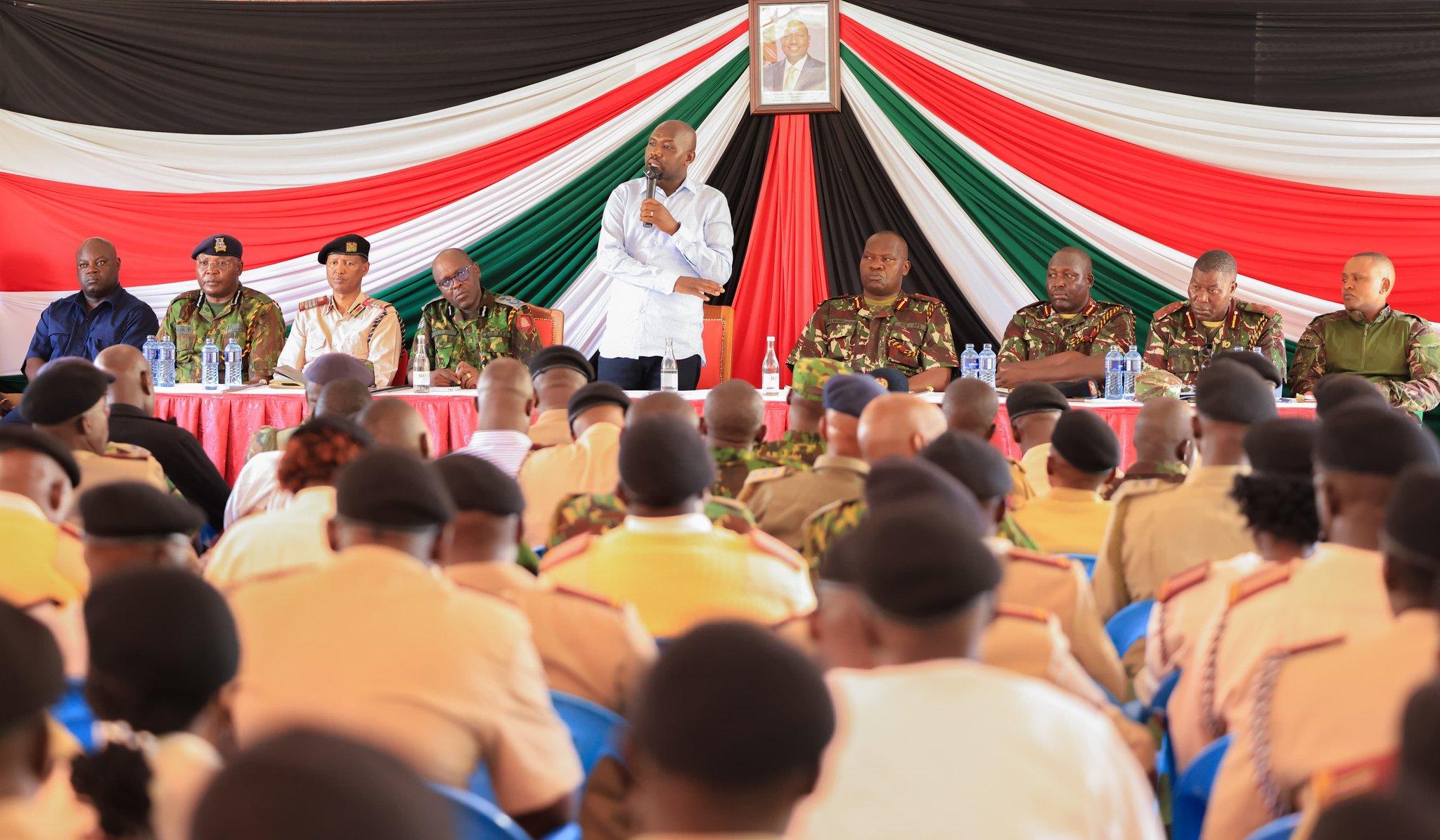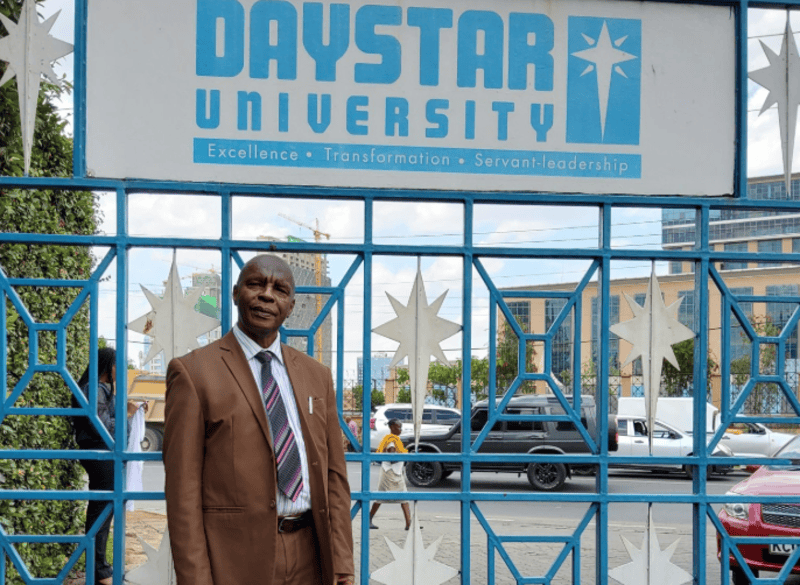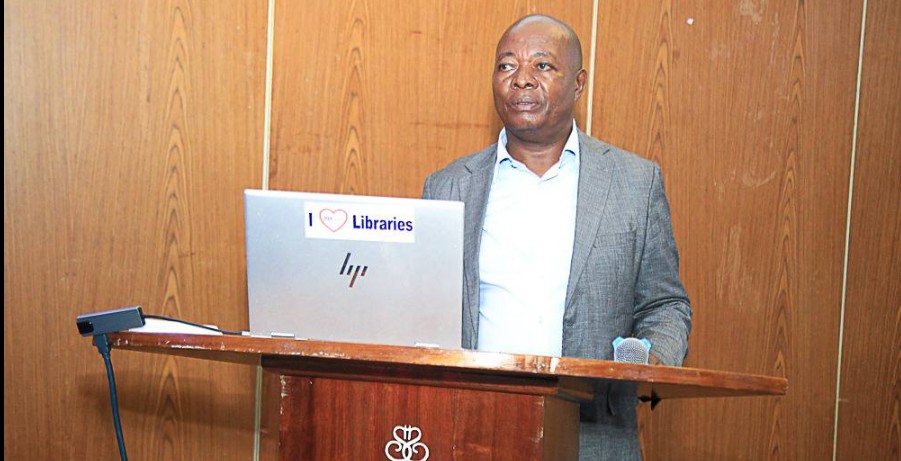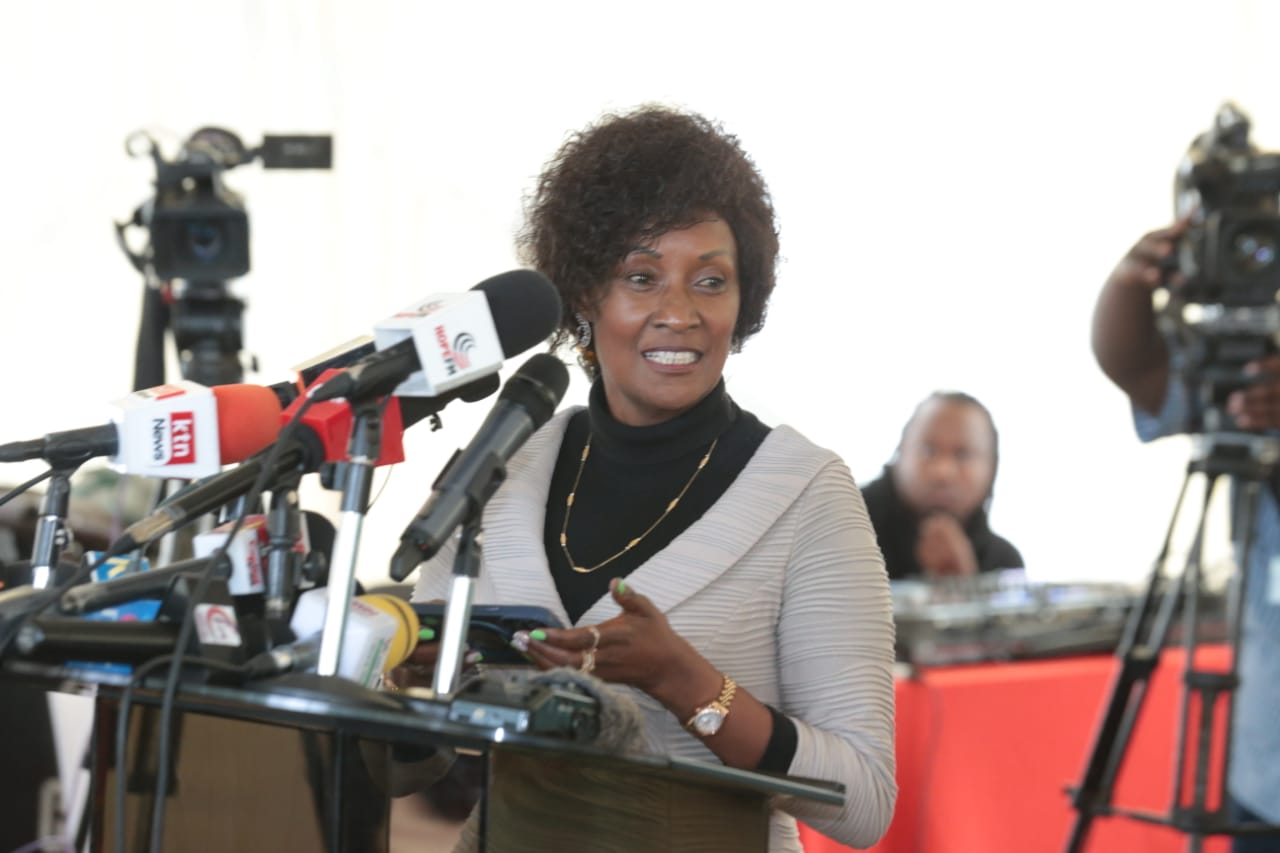Schools struggle under Sh70bn govt debt, risk disruptions in busy second term
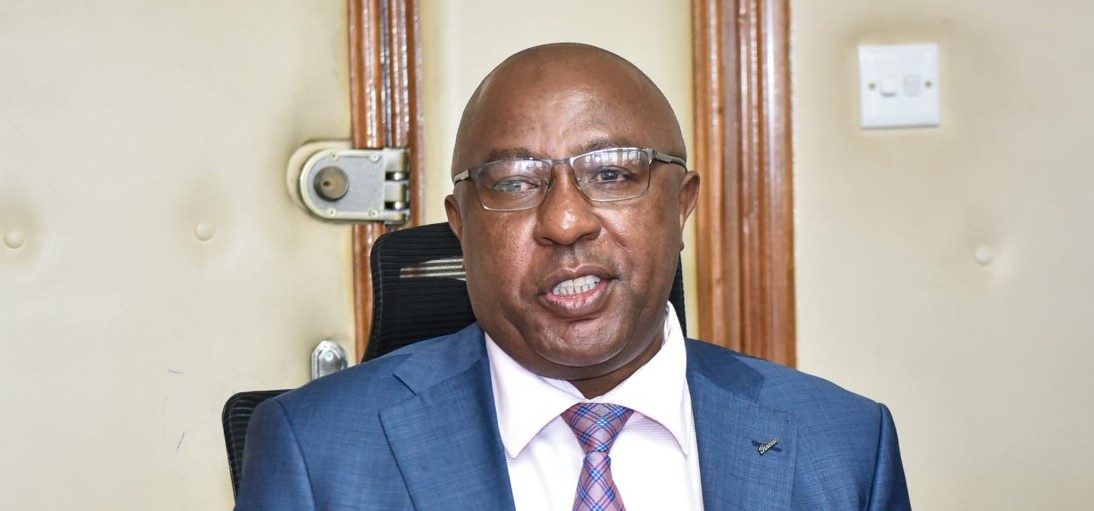
Education Cabinet Secretary Julius Ogamba on Wednesday announced that public schools are set to receive Sh21 billion in capitation funds starting Monday, bringing relief to institutions grappling with delays that have disrupted the second term.
Secondary schools across Kenya are grappling with an outstanding debt of Sh70 billion owed by the government, a situation that has put immense pressure on their operations.
This was revealed by Willie Kuria, the chairperson of the Kenya Secondary School Heads Association (KSSHA), who is also the principal of Murang’a High School.
More To Read
- Survey reveals widespread illegal fee demands in Kenyan public schools
- Senators oppose call by headteachers to increase school fees to bridge capitation gap
- Do not send students home, funds are coming, Education CS Ogamba tells schools
- Headteachers urge government to raise school fees citing rising costs, inflation
According to Kuria, the debt has been accumulating since 2021, leaving many schools struggling to meet their financial obligations.
Kuria explained that the government had committed to releasing 50 per cent of each student’s annual capitation, which amounts to Sh22,244.
However, the disbursements have fallen short, with schools only receiving Sh8,319 per learner, a difference of Sh2,803 for the term.
“We have been asking the government to ensure the remaining funds are released before schools reopen, so that schools can clear their debts and pay staff salaries for last term,” Kuria said in an interview with The Star.
The second term of the academic year, which is known for being the longest and busiest, now poses even greater challenges due to the financial shortage.
This term is when schools engage in co-curricular activities and when students prepare for national examinations.
Kuria warned that without the necessary funds, schools may face further disturbances, as insufficient resources often lead to unrest among students.
“This is why we are urging the Ministry of Education to ensure that the funds are made available to help avoid these challenges,” he said.
Grappling with delays
However, Education Cabinet Secretary Julius Ogamba on Wednesday announced that public schools are set to receive Sh21 billion in capitation funds starting Monday, bringing relief to institutions grappling with delays that have disrupted the second term.
He assured school heads that the funds will be released by the end of next week.
CS Ogamba attributed the delay to competition for scarce government resources, but said the Treasury had committed to the release
The current capitation amount was set in 2015 by a task force led by former Education Cabinet Secretary Kilemi Mwiria.
The task force agreed on Sh12,870 per student, with parents contributing an additional Sh9,374 annually.
However, in 2017, the government declared day secondary education would be free, relieving parents of the obligation to pay fees.
Unfortunately, the government has not fully met its financial commitments, which has led to the accumulation of arrears.
“The government has not fully honoured its commitment, resulting in the current debt. We want the government to fulfil its obligations so schools can operate smoothly,” Kuria stated.
He pointed out that the actual cost of sustaining a learner in a day school is Sh27,000 per year, which exceeds the current capitation amount.
Kuria further explained that schools are required to use part of the capitation funds to improve infrastructure, a task made nearly impossible due to the insufficient amount of money.
This financial strain, he said, has contributed to poor performance in day schools, as both students and teachers are lacking proper motivation and resources.
“Most poor performers come from day schools, where there is a lack of motivation for both teachers and learners,” Kuria observed.
Parents have also voiced concerns about additional charges for activities beyond the capitation funds.
“When teachers attempt to raise money for essential school activities, parents complain about illegal levies. But how can the schools function without adequate funding?” Kuria asked.
The issue has already been raised before the National Assembly, he added.
Despite the ongoing financial challenges, Kuria pointed out that most schools do not prevent candidates from collecting their Kenya Certificate of Secondary Education (KCSE) exam certificates, even though some students fail to collect them due to disciplinary issues.
Top Stories Today


